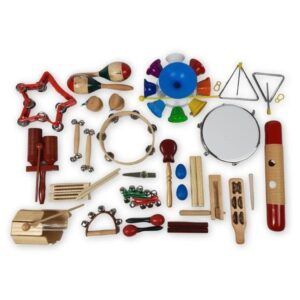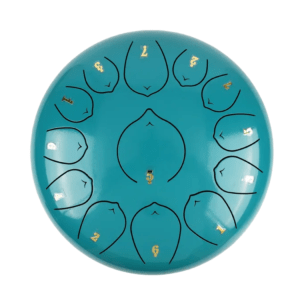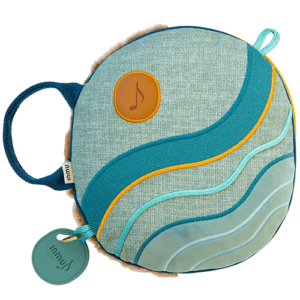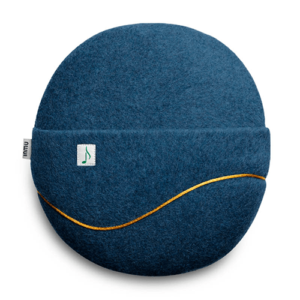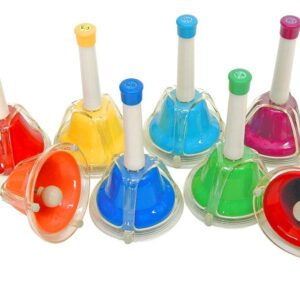

Music is known to improve the quality of life of institutionalized seniors, as it promotes social health, improves general mood, encourages physical health and reduces the risk of developing anxiety or depressive disorders1.
Indeed, when a person hears music, their brain releases a variable amount of dopamine, known as the “feel-good” hormone2.
As healthcare professionals, you have the power to improve the quality of life of the residents around you by providing them with musical moments. As soon as they have the instruments in their hands, you’ll be able to observe smiles, emotions, connections, movements – in short, multiple signs of well-being.
inmu: a incredible tool for music therapy
In fact, did you know that CDS Boutique went to the Vancouver Music Therapy Show in 2023 to present inmu, a multi-sensory cushion from Denmark? It was an extremely enriching experience that enabled many people to discover the benefits of this unique therapeutic tool. Intuitive, you simply have to lift inmu and move it for its notes and vibrations to follow the rhythm of your movements. A complete experience on the axis of well-being and self-awareness!
Our favorites for music therapy
Bibliographical sources
1 González-Ojea, M. J., Domínguez-Lloria, S., & Pino-Juste, M. (2022). Can Music Therapy Improve the Quality of Life of Institutionalized Elderly People? Healthcare (Basel, Switzerland). https://doi.org/10.3390/healthcare10020310
2 McGill (2011). Frissons musicaux: pourquoi ils nous procurent des frissons. https://www.mcgill.ca/newsroom/channels/news/musical-chills-why-they-give-us-thrills-170538



